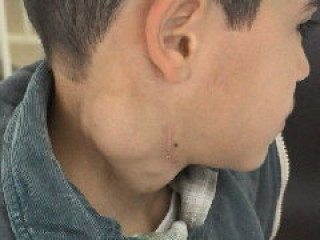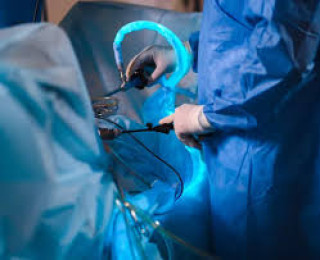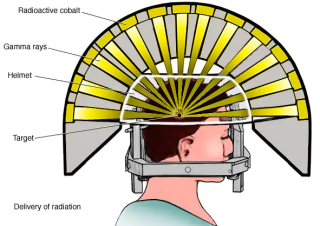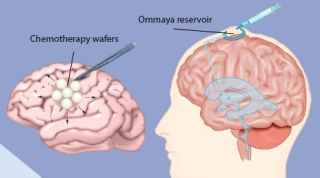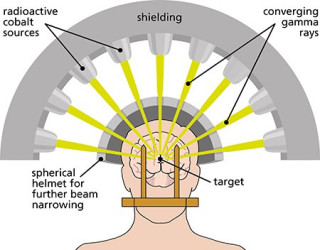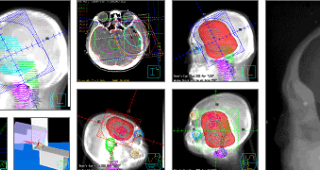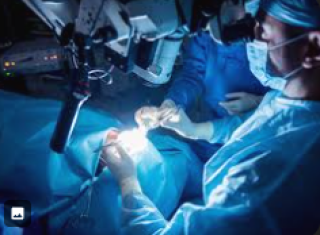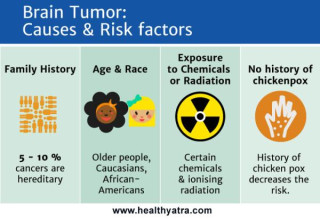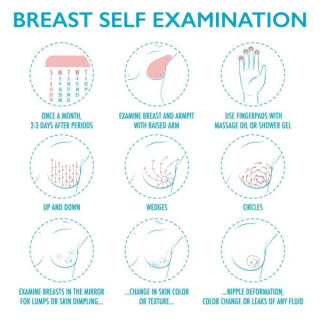What are the symptoms of Brain Tumors?updated at Nov 11, 2025 1,557 1,557 Brain tumor symptoms are highly variable, |
What are the side effects of treatment for Endocrine Cancer?created at May 04, 2009 1,234 1,234 Side effects of endocrine cancer treatment, |
What should I ask my doctor about treatment if I am diagnosed with Hodgkin's disease?updated at Nov 07, 2025 1,411 1,411 Being diagnosed with Hodgkin's lymphoma can be overwhelming.Understanding your treatment options and their potential impact on your life is crucial.This article outlines key questions to discuss with your doctor, |
What are the side effects of Hodgkin's disease treatment?updated at Nov 07, 2025 1,353 1,353 Side Effects of Hodgkin's Disease TreatmentThe treatments for Hodgkin's disease, |
How is Hodgkin's disease diagnosed?created at May 22, 2009 1,539 1,539 If Hodgkin's disease is suspected, |
What are the signs and symptoms of Hodgkin's?created at May 22, 2009 1,553 1,553 Hodgkin's lymphoma often presents with painless swelling of lymph nodes, |
Exploring Antibiotics for Sinus Infections: Understanding Treatment Optionsupdated at Nov 07, 2025 1,556 1,556 Sinus infections, |
What are the commonest Lyme Disease Symptoms at onset?updated at Nov 08, 2025 1,549 1,549 Lyme disease, |
Are there Clinical Trials available for Vulvar Cancer?updated at Nov 09, 2025 1,454 1,454 Clinical trials for vulvar cancer exist, |
Will I be able to adjust to Valva Cancer well?created at May 05, 2009 1,401 1,401 Adjusting to a vulvar cancer diagnosis and treatment is a deeply personal journey, |
Side Effects of Vulvar Cancer Chemotherapyupdated at Nov 08, 2025 1,430 1,430 Chemotherapy for vulvar cancer can lead to a variety of side effects, |
Radiation Therapy Side Effects of Vulvar Cancerupdated at Nov 09, 2025 1,504 1,504 Understanding Side EffectsRadiation therapy is a common treatment for vulvar cancer, |
Side effects of Vulvar Cancer Surgeryupdated at Nov 11, 2025 1,604 1,604 Curative surgery for vulvar cancer, |
Vulvar Intraepithelial Neoplasia as Risk Factors for Vulvar Cancerupdated at Nov 08, 2025 1,511 1,511 Vulvar intraepithelial neoplasia (VIN) represents the abnormal growth of cells within the vulvar epithelium.It's classified as a precancerous condition, |
How is cancer of the cervix treated?updated at Nov 22, 2025 1,701 1,701 Cervical Cancer Treatment OptionsTreatment for cervical cancer is highly individualized, |
What are the Side Effects of Treatment for Colorectal Cancer?updated at Nov 08, 2025 1,485 1,485 Side effects from colorectal cancer treatment are highly variable, |
Surgery for Colorectal Cancerupdated at Nov 13, 2025 1,380 1,380 Surgery is frequently the primary and sometimes the sole treatment approach for colorectal cancer.The specific surgical procedure employed is dictated by the tumor's location and size. Partial Colectomy: The Standard ProcedureThe most common surgical inter... |
What should I ask my doctor when diagnosed with endocrine cancer?created at May 04, 2009 1,304 1,304 Diagnosing endocrine cancer involves a combination of methods, |
What are the treatment options for endocrine cancer?created at May 04, 2009 1,238 1,238 Treatment for endocrine cancers depends on the specific type, |
How do you diagnose endocrine cancer?created at May 04, 2009 1,255 1,255 Diagnosing endocrine cancer typically involves a combination of physical examination, |
Precision Treatment: Understanding Stereotactic Radiosurgery for Brain Tumorscreated at May 04, 2009 1,422 1,422 Stereotactic radiosurgery (SRS) is a precise radiation therapy technique used to treat brain tumors and other lesions.It delivers a highly focused, |
Essential Questions to Ask Your Doctor About Brain Cancer Treatmentcreated at May 04, 2009 1,264 1,264 Navigating a diagnosis of brain cancer can be overwhelming, |
Clinical trials for Brain Cancercreated at May 04, 2009 1,259 1,259 Clinical trials for brain cancer are research studies that test new treatments, |
Chemotherapy for Brain Cancercreated at May 04, 2009 1,278 1,278 Chemotherapy for brain cancer involves using drugs to kill cancer cells, |
Stereotactic radiosurgery for Brain Cancercreated at May 04, 2009 1,269 1,269 Stereotactic radiosurgery (SRS) is a non-invasive type of radiation therapy that delivers highly focused beams of radiation to a precise point in the brain to target brain tumors, |
Understanding Radiation Therapy for Brain Tumorscreated at May 04, 2009 1,475 1,475 Radiation therapy for brain tumors uses high-energy radiation to kill cancer cells and shrink tumors.This can be delivered externally through a linear accelerator (external beam radiation therapy) or internally via implanted radioactive seeds (brachytherap... |
Understanding Surgery for Brain Tumors: A Comprehensive Guidecreated at May 04, 2009 1,383 1,383 Brain tumor surgery aims to remove as much of the tumor as safely possible while minimizing damage to healthy brain tissue.The approach varies depending on the tumor's location, |
Unraveling the Enigma: Exploring the Causes of Brain Tumorscreated at May 03, 2009 1,498 1,498 The precise causes of brain tumors remain largely unknown, |
What is brain cancer?created at May 03, 2009 1,248 1,248 Brain cancer is a disease in which malignant (cancerous) cells form in the tissues of the brain.It encompasses a wide variety of tumors, |
What is the difference between primary bone cancer and secondary bone cancer?created at May 03, 2009 1,302 1,302 Primary bone cancer originates in the bone itself, |
What should I do if I find a lump while performing a monthly breast self-exam?created at May 03, 2009 1,319 1,319 Finding a lump during a breast self-exam doesn't automatically mean it's cancerous, |



